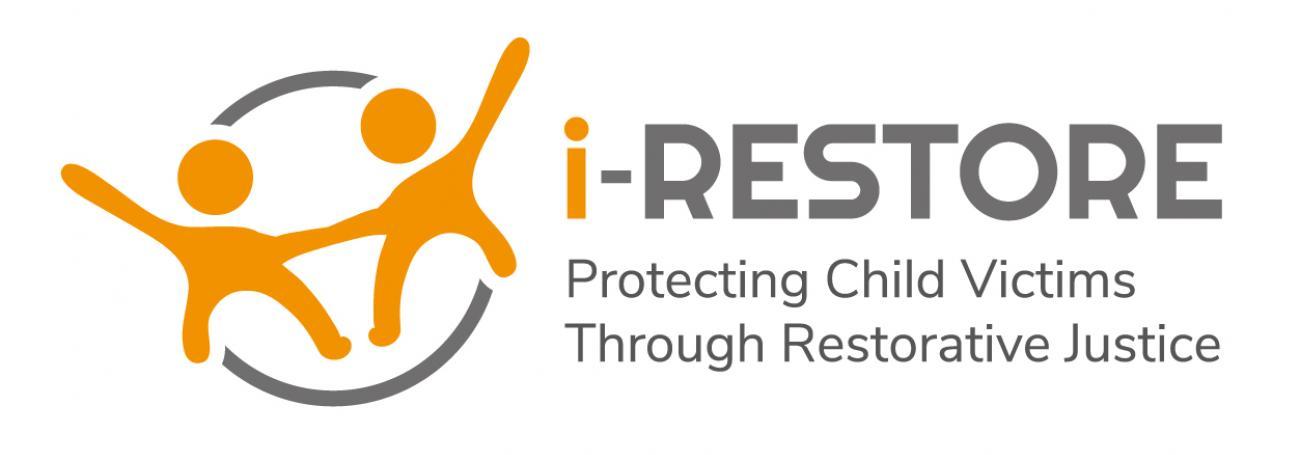On 20 November 2020, during the international Restorative Justice Week 2020, World Children's Day, the i-RESTORE project team launched a save the date to join two special milestones of this EU-funded project on restorative justice and child victims.
On 10 December 2020, Human Rights Day, the global research report and 3 national reports (Albania, Romania, Greece) were launched . Scroll down to download them!
On 21 January 2021 (14.00h CET) the project team organised a virtual Q&A session with the authors of the i-RESTORE research on the application of restorative justice in cases involving child victims in Albania, Greece & Romania. Download the flyer here. Watch the videorecordings of the Q&A session here.
On 21 May 2021 (13-17h CEST) the project team organised an European conference on child-friendly justice. Among the speakers, children from the i-RESTORE Child Advisory Boards will shared their views on restorative justice and how it can be benefit child justice systems. Our chair Tim Chapman will present on behalf of the EFRJ. Watch the videorecordings of the European conference here.
On 27 July 2021 (9-12am CEST), the i-Restore team organises an online advocacy event to share experiences from the project and to promote the use of restorative justice for the protection and empowerment of children victims of crime. The speakers will be EFRJ members, chosen from project's RJ Advisory Group: Bie Vanseveren, Maartje Berger, and Silvia Randazzo. Download the agenda here. Watch the videorecordings of the advocacy event here.
On 4 November 2021 (14.30-18h CET), the i-RESTORE team organised online the closing conference of the project. Among the speakers, our dear Tali Gal (Head of the School of Criminology in Haifa, Israel) presented on the needs-rights model to protect and empower children in contact with the justice system. Another session was led by young people who participated in the Child Advisory Boards in the target countries of this project, i.e. Albania, Greece and Romania. Watch here the recordings and the materials produced by children.
On 10-12 November 2021 (afternoons) the EFRJ hired two trainers to deliver a training on restorative justice with children. The activities are part of a training module developed by Bie Vanseveren and Lynn Gastmans for the i-RESTORE project.
On 17 November 2021 (18h CET), Emanuela Biffi and Annemieke Wolthuis delivered the i-RESTORE training at the World Congress on Justice With Children.


